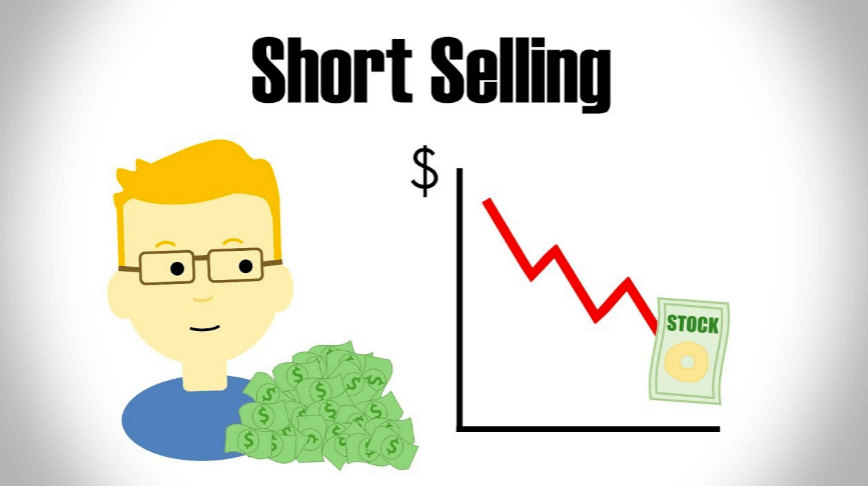Most investors subconsciously start to be bullish on a stock when they buy it. Few investors will short-sell stocks or profit from falling stocks because they don't know how to do it. Some investors think the process of short selling is counter-intuitive because, in conventional investing wisdom, many stocks slowly appreciate in value over time. Having said that, there are actually many funds in the market that are specifically shorted, and in this article, we will introduce which stocks are suitable for shorting.

Technology Trends
For a stock you want to short, check out its chart first. What is the general trend? Are stocks being accumulated or sold? We often see a stock continue to trend down for some time. Many traders use various technical indicators to confirm whether the stock price will fall further. In fact, simply by drawing a trend line, we can see more clearly the direction of the stock price. Some other technical indicators, such as moving averages, can also be used for downtrend judgment. Many traders believe that when the price of an asset trades below a major moving average, like the 200-day moving average, it signals that the stock is entering a downtrend, and that trend will usually persist.
Downgrade Expectations
When a company's quarterly earnings target is missed, the company management will normally hold a conference call or a press conference to explain why the company missed the target. After that, the analyst will make an analysis report on this and send it to the company's brokerage. An astute trader will often profit by taking advantage of the time difference between a company announcement and the market's analysis of the report. Keep in mind that when brokers receive these reports, they will most likely advise their clients to avoid these stocks or reduce their positions.
Short Selling During Tax Season
Smart investors will find that in the fourth quarter, the company's stock price runs at the low end of its 52-week trading range, or even makes new lows. This is because individuals and funds need to register their investment losses for the year in the fourth quarter in order to receive certain tax deductions. Therefore, this is another good investment opportunity for those traders looking to sell short.

Insider Trading
Company insiders may sell their company shares for various reasons. Like buying a house, or just to lock in some of the profits. But if a lot of people inside the company are scrambling to sell their stock, there's a good chance that the company's operations are going wrong. Keep in mind that company officials will have access to more inside information about the company, so traders may also short sell accordingly.

Deteriorating Fundamentals
Traders can short-sell companies with declining gross margins, lower forecasts for future earnings, loss of major customers, frequent bad news, dwindling cash balances or flare-ups of accounting problems. Investors should always be wary of the "cockroach theory," which means when one problem arises, it's likely that more problems are lurking in the shadows.
A Surge in Inventory or Receivables
This is also a type of deteriorating fundamentals, but since these two are the most obvious signs that a company is starting to go downhill, they deserve a separate mention. If the company has just launched a new product recently, the increase in inventory may be a sign that the company is preparing for the sale of that product; but if the company's inventory suddenly increases without warning, it may indicate that the company's product is outdated and poorly marketable. These backlogs may all be written off in the future, thus negatively impacting earnings. The increase in accounts receivable suggests that corporate customers are failing to repay their borrowings on time. This will also have an impact on the company's future earnings. If some of that debt is ultimately uncollectible, it will also be written off as bad debt.
Industry Trends Down
While some companies' stock prices buck the trend, most stocks within a sector or industry move in the same way. Declining industry trends also mean that companies may experience supply and demand problems in the future, so traders should trade accordingly.





